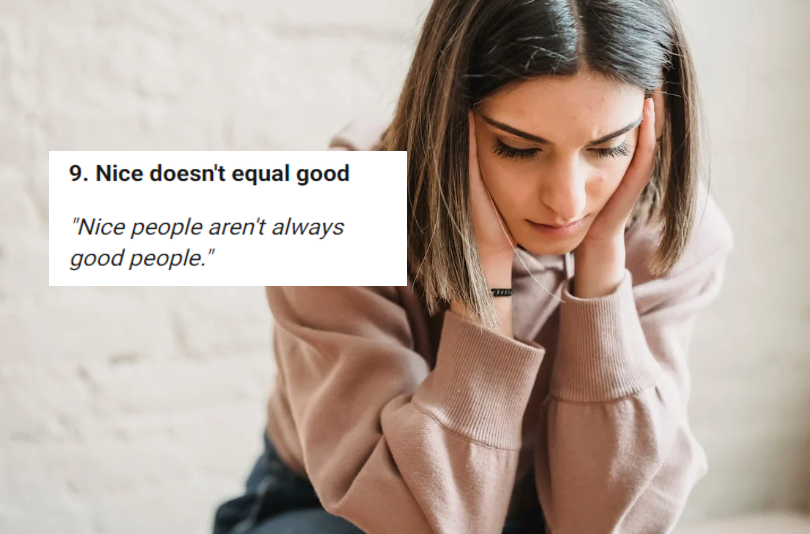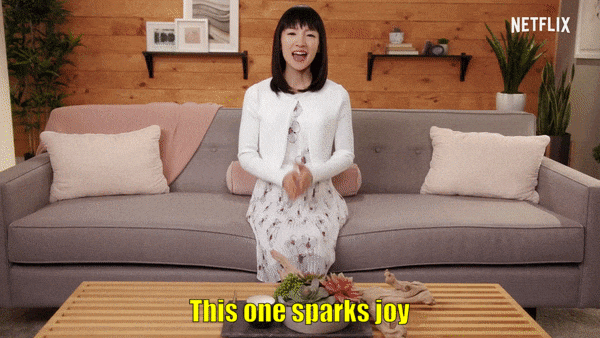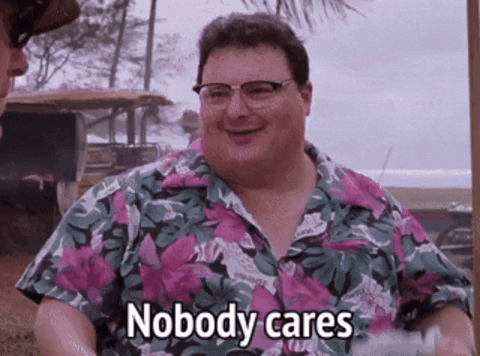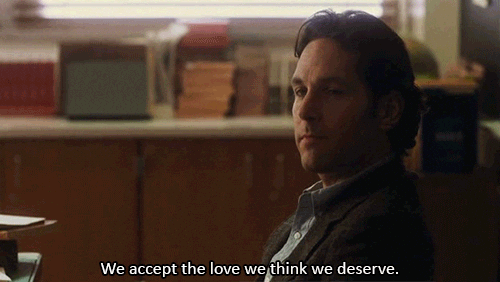Do you often walk into a room and forget why you are there? Or when you sit down to read a book, do you end up reading the same paragraph over and over? If you experience these things frequently, you may be worried that your cognitive function is declining.
The brain structure changes and shrinks as we get older, which can result in minor cognitive decline. However, frequent disorientation, forgetfulness, and difficulty making decisions can be signs of serious cognitive impairment—such as dementia or Alzheimer’s disease—that significantly interferes with daily activities and reduces quality of life.
Fortunately, there are some measures you can take and lifestyle changes you can make to potentially improve cognitive function. Many factors contribute to Alzheimer’s disease and dementia risk, and these measures are by no means a guarantee that you won’t develop these conditions. However, they may help protect the brain from age-related cognitive decline by boosting brain connectivity and enhancing cognitive processes.
What are cognitive functions?
Cognitive function is an umbrella term that encompasses various brain activities, ranging from simple to complex. In other words, cognitive functions are the mental processes through which your brain communicates with your body to perform tasks. Some examples of cognitive functions include language abilities, reasoning, problem-solving, planning, decision-making, learning, attention, verbal fluency, knowledge acquisition, and information manipulation.
Types of cognitive impairment
Cognitive functions tend to naturally decline with age, making it difficult to distinguish normal, age-related changes in cognitive functioning from the early stages of disease-associated cognitive decline. For instance, memory difficulty, which is common in older individuals, is also a common symptom of dementia and Alzheimer’s Disease.
Contrary to common misconceptions, not all forms of cognitive decline involve memory problems or difficulty thinking clearly. Some cognitive disorders initially present with sleep problems, behavioral or personality changes, such as poor judgment and impulsivity, or difficulty with environmental interactions.
Furthermore, depending on the cause, cognitive impairment may be temporary or progressive. For example, delirium, a mental state characterized by confusion and disorientation, is temporary, whereas all forms of dementia (including Alzheimer’s Disease) are progressive.
Age-related cognitive decline
Slight cognitive decline and some changes in cognitive performance are normal parts of aging. Most cognitive functions peak around age 30 and subtly decline with advancing age. Age-related cognitive impairments include difficulties with multitasking, retaining information, word-finding, and maintaining attention, as well as an overall decline in thinking and perceptual speed.
It is worth mentioning that not all cognitive abilities decline with age. For many, verbal reasoning, vocabulary, and other aspects of crystallized intelligence remain unchanged or improve with age.
Mild cognitive impairment
Mild cognitive impairment (MCI) refers to impairments in cognitive functioning, such as memory loss, that are more severe than in other people of the same age. While these changes in cognitive function are noticeable, they are not severe enough to qualify for a dementia or Alzheimer’s disease diagnosis, and they do not interfere with daily cognitive functioning.
Mild cognitive impairment can have various causes, including:
- Nutritional deficiencies
- Depression, anxiety, or other mental health conditions
- Thyroid conditions
- Autoimmune disorders
- Not getting enough sleep
- Infections
- Medication side effects
- Early stages of dementia
The cause of cognitive decline often determines the extent of compromised cognitive function in the individual and whether they can expect to suffer progressive cognitive decline. For those whose condition is not progressive, the symptoms of cognitive decline may slow or reverse, and many may return to their previous cognitive abilities.
However, for other individuals, cognitive decline may worsen over time and possibly progress to dementia or Alzheimer’s disease, diseases that significantly impair cognitive functioning.
Generally, individuals with mild cognitive impairment have an increased dementia risk, but mild cognitive impairment is not a guarantee of a future dementia diagnosis. Studies examining the risk factors for the progression of MCI to dementia indicate the risk of developing Alzheimer’s disease or dementia is three to five times higher for individuals diagnosed with MCI than for those with normal cognitive function.
Dementia
Dementia is characterized by a loss of behavioral and cognitive abilities that significantly interferes with a person’s ability to perform daily tasks, resulting in a reduction in quality of life. The signs and symptoms of dementia typically present when healthy neurons stop working, lose connections, and die. Some neuron loss with age is normal; however, those with dementia experience a much greater loss of cognitive functions.
The signs and symptoms of dementia vary by individual, but typically include:
- Memory loss and confusion
- Sleep problems
- Difficulty with fine and gross motor skills
- Decline in executive functions (e.g., working memory, planning, emotional control, etc.)
- Difficulty understanding and expressing thoughts
- Problems reading and writing
- Reduction in psychomotor speed
- Repetitive questioning
- Changes in diet and eating habits
- Poor judgment and acting impulsively
- Disorientation in familiar places
- Taking longer to complete everyday tasks
- Losing interest in daily activities
- Hallucinating, delusions, and paranoia
- Balance and mobility problems
There are several types of dementia, and all are progressive. The most common forms are Alzheimer’s disease, in which abnormal protein plaques accumulate in the brain, Lewy-Body dementia, and vascular dementia, which results from blocked or leaky arteries in the brain. Although the underlying cause of dementia disease varies, the effect is the same—reduced cognitive abilities and cognitive impairment.
How to improve cognitive function
The brain shrinks as we age, and the number of synapses and neurotransmitter receptors—both allowing neurons to communicate with each other—decreases. These brain changes can cause minor cognitive impairment, particularly in memory, attention, processing speed, and planning. However, many lifestyle factors affect cognitive function, and changing your routine can help slow age-related cognitive decline.
Regular physical activity
Research shows that physical activity can have a beneficial effect on cognitive function in all age groups. Exercise increases blood flow to the brain and neurotrophins, including brain-derived neurotrophic factor (BDNF), which promotes neuron growth, repairs brain cells, and helps the brain develop new connections.
Exercise can also increase the volume of the hippocampus, a part of the brain responsible for forming new memories. Additionally, aerobic exercise is thought to be a factor in minimizing the risk of dementia and other neurological disorders, including Alzheimer’s disease.
Brain training
Brain training involves regularly engaging in cognitively stimulating activities and exercises challenging information processing and cognitive abilities. Examples include crossword and sudoku puzzles, jigsaws, problem-solving activities, reading and writing, and learning new skills and hobbies.
Memory training is a type of brain training designed to improve episodic memory—remembering events that occur in daily life—and working memory, a type of short-term memory essential to information manipulation. Memory training activities include puzzles, matching games, and word games that involve trying to remember as many words as possible in a given time.
Challenging the brain is known to build up cognitive reserves, aka the brain’s flexibility and agility. This can potentially reduce susceptibility to age-related changes in the brain and decline in cognitive functioning. As such, brain training can also lower the risk of developing Alzheimer’s disease, dementia, and cognitive dysfunction. There’s a plus – regular brain training activities in one sphere can help improve your cognitive abilities in other areas, which, in turn, can preserve your overall cognitive ability.
Stay social
Humans are social animals. Positive social interactions can improve one’s quality of life and the ability to relate to others. People who are isolated may see a degradation of their cognitive ability sooner than those who stay engaged with others.
While research into social interactions and cognitive function is limited, a few trials have yielded positive results, indicating that positive social engagement can increase hippocampal volume and improve memory and overall brain health.
Sufficient rest
Sleep patterns change as we age, with sleep interruptions and early waking becoming increasingly common. Not getting enough sleep can negatively affect attention, memory, and executive functions (higher-level cognitive skills like flexible thinking and self-control).
Lifestyle changes can improve sleep patterns, which can support cognitive function. These include spending more time in the sunlight, maintaining a consistent sleep routine, taking short afternoon naps to counteract nighttime sleep loss, and seeking treatment for sleep problems and disorders like sleep apnea and insomnia.
Foods that can boost cognitive function
Research indicates certain foods can enhance cognitive abilities, protect the brain from damage, and slow cognitive decline. However, the mechanisms by which these foods impact cognitive functioning are unclear.
However, existing research indicates that certain nutrient components can reduce inflammation, oxidative damage, and the buildup of toxic proteins in the brain. These nutrient components may also promote the formation of new synapses and brain cells, prolong the life of existing brain cells, and support the lining of blood vessels, increasing the blood supply and oxygen to the brain.
Some of the best “brain foods” include:
Berries
Berries are rich in flavonoids and pelargonidin—natural plant pigments associated with enhanced memory, improved cognitive function, and a reduced risk of dementia and Alzheimer’s disease.
Green leafy vegetables
Green leafy vegetables are rich in brain-boosting nutrients like folate, beta carotene, vitamin K, and lutein. They can help slow cognitive decline and lower the risk of developing Alzheimer’s disease.
Oily fish
Fatty and oily fishes, like tuna and salmon, are rich in omega-4 fatty acids, which can lower levels of beta-amyloid—a protein that accumulates in the brains of patients with Alzheimer’s disease—in the blood.
Legumes
Soybeans, black beans, kidney beans, and chickpeas have high concentrations of anti-inflammatory compounds that can support overall brain health and boost cognitive functioning.
Whole grains
Whole grains are an excellent source of phytonutrients, B vitamins, and antioxidants. They can significantly benefit brain function and lower the risk of dementia and Alzheimer’s disease.
Tumeric
This well-loved spice contains curcumin, a compound that may increase BDNF levels, lower the risk of dementia and Alzheimer’s disease, improve cognitive abilities, and support overall brain health.
Other brain-boosting Foods
Other foods that can improve cognitive function and mitigate cognitive decline include monounsaturated fatty acids, nuts, green tea, dark chocolate, and coffee. Some nutritional supplements, especially those containing vitamins D and B12, can also help support brain health and lower the risk of Alzheimer’s disease.
Conclusion
Cognitive abilities tend to decline as we get older, with many people experiencing subtle changes in cognitive function by or before middle age. However, if these age-related changes are more severe or frequently occurring than those of other individuals in the same age group, they may be signs of mild cognitive impairment.
While mild cognitive impairment does not always progress to dementia or Alzheimer’s disease, those with MCI are more likely to develop dementia and other conditions involving significant cognitive decline.
Some lifestyle factors can impact cognitive function and play a role in the likelihood of developing dementia, Alzheimer’s disease, and similar conditions. Positive lifestyle changes like brain and memory training, regularly exercising, sleeping well, engaging in social activities, and eating a healthy diet with plenty of “brain foods” can support overall brain health and improve cognitive function. As such, incorporating these lifestyle changes into daily life may help slow age-related cognitive decline, improve cognitive performance, and lower the risk of dementia and Alzheimer’s disease.










































